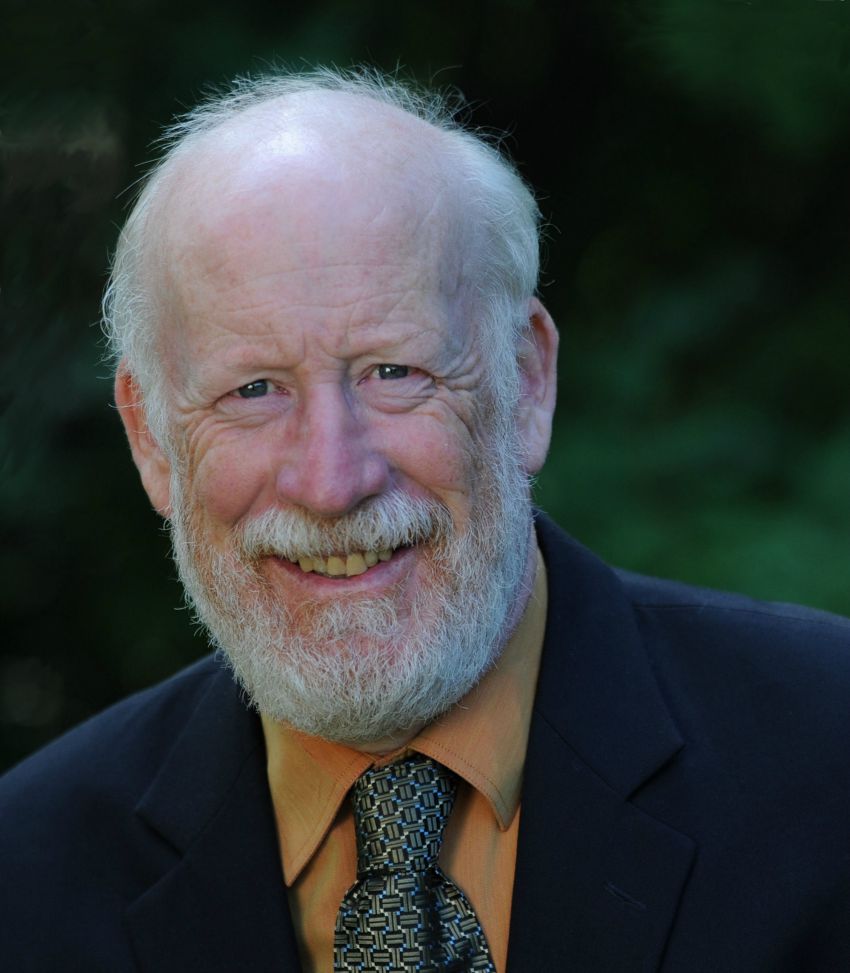Column: From the Hill -- the new Elections Modernization Act
This week the House of Commons passed Bill C-76, the Elections Modernization Act, the federal government’s answer to the so-called “Fair Elections Act” that the Conservatives enacted in 2014. And although I and the rest of the NDP caucus voted in favour of the bill, I would say this bill is “a day late and a dollar short.”
Late because the bill was passed five months after the Chief Electoral Officer’s deadline for legislation to be passed in time for the 2019 election. And short because it is a missed opportunity on many fronts. In fact, the Elections Modernization Act does not deal with real electoral change at all.
On the positive side, Bill C-76 undoes many of the negative aspects of the Fair Elections Act. It limits election campaigns to 50 days, thus eliminating the opportunity for another marathon campaign of more than 70 days, such as the one we were subjected to in 2015. I’d like to thank my NDP colleague, Alistair MacGregor, for suggesting this to the government in the form of a Private Member’s Bill.
And I’m happy to see two parts of this bill that encourage young people to get informed and involved in the electoral process. Bill C-76 allows the registration of future electors between the ages of 14 and 17. This simple act has been shown in other jurisdictions to increase the proportion of young people who vote after they turn 18. Secondly, this bill removes the ban on public education programs conducted by Elections Canada. Why this ban was put in place in the so-called Fair Elections Act is beyond me.
Bill C-76 also brings back the process of vouching to allow electors without proper ID to vote. Vouching was disallowed under the Fair Elections Act. The ban on vouching created a serious problem that inhibited many Canadians, particularly disadvantaged citizens, from voting at all.
So, what’s missing from the bill? Canada is far behind other countries in gender equity in political representation. My former colleague, Kennedy Stewart, put forward a Private Member’s Bill that would have strongly encouraged parties to increase the proportion of female candidates in future elections. Unfortunately the government voted that down and failed to include its provisions in this bill.
We hear, almost daily, stories of election tampering in Europe, in the UK, in the United States, but there is essentially nothing in this bill about foreign third party spending or activity affecting Canadian elections. There is also no mention of privacy issues, even though political parties amass huge amounts of personal information on voters.
The Liberals, the NDP and the Greens all campaigned on a promise that 2015 would be the last federal election run under the first-past-the-post system. And for many Canadians, that was the most important promise of the election. Canadians were tired of elections that gave parties with less than 40% of the vote 100% of the power in majority governments. The Harper government was an example, and the present Liberal government is another.
Unfortunately, once the Liberals were in power, they forgot about that promise. British Columbians have an opportunity to take a big step forward in real electoral reform by voting in favour of proportional representation in the referendum that is before us now—real change that would make every vote count.






















